Untraditional route to creative success.
Is there a right way to get into the creative industry? We don’t think so. At 2LK, we embrace and support a wide range of experiences and routes in – and love the richness that brings day-to day. Even our MD Dan Mason thought he was headed for a career in Structural Engineering until the creative bug bit. Learn about that (and much more) in this Creativepool interview.
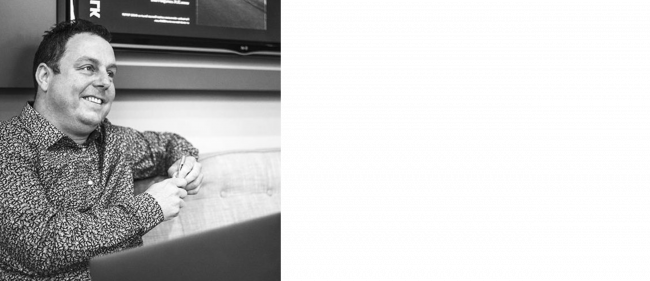
Tell us a bit about your role! Is there a “typical” day?
I’m really pleased to say there is no such thing as a typical day in my role. Cliché? Maybe. But generally, it’s doing what I love doing most – talking to our team and our clients. Suggesting, inspiring and organising. But also learning. Every day is a school day to me, regardless of position.
My creative hands-on tools have long since been locked up – some would argue that’s a good thing! Creativity is still my passion, but my role nowadays is very much putting myself in our client’s shoes and ensuring the experience is as good as it can possibly be.
What was the biggest challenge in getting to your current position?
Aside from the obvious recent challenges that Covid presented, I would say growing pains. The growth of an agency is exciting, thrilling. I love and embrace change. It also means we’re doing things right, but growing an agency too fast can present its own set of challenges.
Everything can feel a bit out of control which leads to the culture that we’ve worked so hard to build and nurture being undermined. So as hard as it was, we actually viewed the pandemic as a beneficial shock to the system that was probably needed. It allowed us to reboot the agency and plan growth with a more focused approach to agency proposition, mission, vision and values.
It felt like a start-up, which after 20 years here, gave us the time to plan the future of the agency.
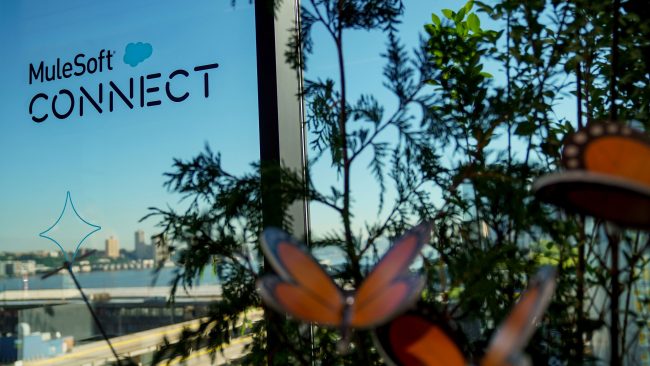
What is your personal background and what role did it play in your career?
My journey into co-owning and running a creative agency is quite atypical, in that I didn’t follow a ‘traditional’ creative educational route. I was quite technically minded at school, so I followed a path of being a draughtsman and into engineering.
My tools were a calculator, calculus and algebra, HNC in Civil Engineering and a good job in a Structural Engineers office. But I quickly realised (surprising myself) that I had more to offer creatively and could see solutions through a more creative lens than others around me.
My maths was dreadful though, and I spent more time playing with fonts and drawing layouts than I should have! I found the timescales of projects in the industry tediously long. As my team will attest, I’m a bit impatient too.
So I left the construction industry and re-trained from the bottom in Graphic Design, typesetting and print. I had a passion for photography too which led to creating a food/packshot studio at the advent of digital photography. Exciting times.
Looking back, it was a suitable stepping stone, having hardly taken any formal artistic training, but not feeling entirely satisfied. I looked for an agency and an industry that was more exciting and more fast-paced.
That was when I discovered brand experience. Back then, exhibition stands were our only offering, but that suited me well as it combined my creativity with a good understanding of 3D spaces and ergonomics. Floor plans, technical drawings, materials and scale were second nature to me, having learnt it from my previous career. I still rely on and appreciate it today.
I began my first week at 2LK in 2000 as a Graphic Designer and visited the much-maligned Millennium Dome experience which totally inspired me. As they say, I never looked back.
I love the immediacy of our world. It’s high pressure and demands very quick decisions, but that’s why I love it. I liken our industry more like theatre than architectural design. The ‘wow’. The excitement. The experience. The nerves. The opening night. And the collective ‘show must go on’ attitude to make things happen.
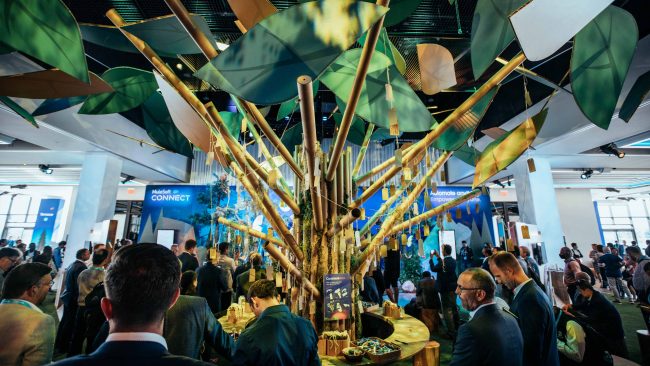
What is your biggest career-related win? What is your biggest loss?
I guess the right answer here is accounts or winning pitches. Of course, there have been many. Won and lost. But for me, it’s not the personal achievements of these that have shaped my life and career or that I’m most proud of, it’s our agency successes. Winning Canon as a new client (Photokina 2018) was a big moment for our agency.
It was our first big win after Andy Sexton and I fully took over as co-owners of the business after 25 years. It cemented our firm belief that our new agency offering was solid and that clients wanted what we offered – a streamlined, honest, genuine, forward-thinking approach to brand experiences, with digital innovation and storytelling at the heart of it all.
In terms of biggest loss – of course, we’ve lost big pitches where I’ve felt we’d be the perfect agency partner. But to be honest, I get over ‘losing’ pretty quickly. For me, it’s another agency lesson learnt and a valuable process for our team, especially the junior members. Learn quickly, iterate often, move on. In our tenure as owners, we’ve actually not ‘lost’ a major client yet! Maybe that says something.
For me, loss means a much more personal human thing. Losing great staff during the pandemic, or when great members of the team move onto new pastures. That bothers me. I once had to comfort a really upset staff member who was utterly emotionally drained by a client. That day changed everything.
It just felt all sorts of wrong to me and I never, ever wanted that on my watch again. We made immediate and seismic changes to the agency and never worked for the client (or in that region) again. We realised that our people – and their families – were much more important than commercial gain.
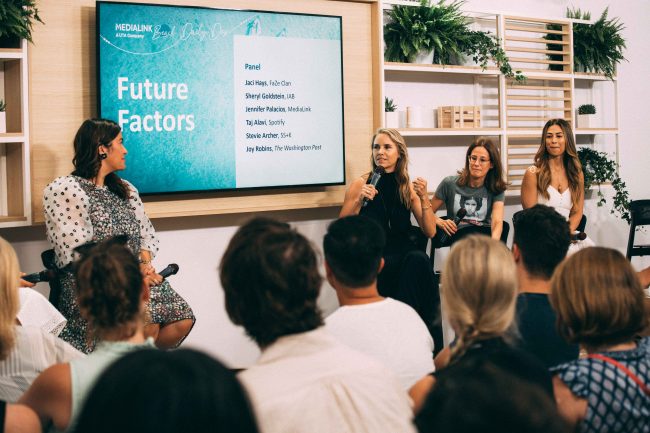
Which individuals and/or agencies do you gain inspiration from? Do you have any heroes in the industry?
There are many agencies I warm towards. The ones that inspire me are the ones with an absolute laser-sighted dedication to their cause or firm belief. Unequivocal in their mission, speciality or client base. And won’t budge from it for anyone.
I tend to see inspiration from business outside of the creative world. Right now, I’m all over Steven Bartlett’s Diary of a CEO podcast. Some amazing stories of incredible business stories and aspirational start-up mentalities.
Gellan Watt is a real inspiration too.
If you could go back to your teenage years, would you have done things differently? Do you have any regrets?
I wish I’d travelled more. Of course, I travel now – for work and pleasure – but I was quite focused on building a career (and enjoyed the perks) whilst a few good friends travelled the world, free of careers or holiday leave. Travel is such a culturally rich learning experience. I have an itch for exploring and variety that still needs scratching sometimes.
If you weren’t in your current industry, what would you be doing?
I guess I’d have carried on as a Structural Engineer. But it was dull. I left the minute I realised I was on the wrong career path (much to my parents’ distress!) but it was absolutely the right choice. Other than that, the Police I think. I always felt I could have enjoyed a career in the police force or Fire Service.
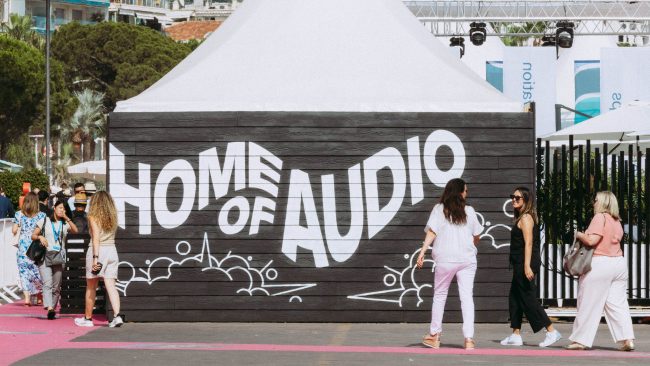
What’s your one big dream for the future of the industry?
I’d like to see the industry take more risks. What I’m continuing to see is the corporate world of clients taking the “design by committee” approach which breeds safety-first ideas to please every last stakeholder, halting so many great ideas.
I’d also like to see a perspective shift from the industry when approaching decisions, away from decision-making and idea generation where personal preference takes priority, towards a genuine consideration of the visitor experience.
What are your top tips for aspiring creative professionals?
- Recognise your superpowers – don’t feel you need to be great at everything. Yes, you have to train the muscles that are weakest, but hone your strongest asset and work hard to make that exceptional. That’s how to raise your game.
- The second you realise you’re not enjoying it, change it. I know it sounds easy, but I have a firm view that you won’t be good at something you don’t enjoy doing. Which is why our culture doesn’t force this. So, make the change. You rarely regret it. Or if it’s not immediately feasible, make that your primary objective. Find a new path.
What are your top tips for other creative leaders?
- We have a saying at 2LK and encourage ourselves and our senior team to “only do what only you can do”. The minute you recognise that you’re on a task that should be your team’s; delegate. Relinquishing control (and accepting the result may not be quite what you had expected, assumed or hoped for) is a fine art, but a really important one. I’m still learning!
- People first. Always. Culture before profit is such a buzz phrase nowadays, but I really believe it. Great culture and doing good work that inspire our staff are the pennies that look after the pounds. It’s a challenge – the pressure on small agencies nowadays (in an employee’s market) to provide the most attractive employment career and environment makes things challenging. But it’s important to get right. We have a dedicated Head of People at 2LK, totally dedicated to staff welfare & culture. For a small business, we know that’s a luxury, but to us it’s critical to our business.
- Sack clients. Done for the right reasons, it’s a truly liberating feeling. Don’t feel obliged to pitch when you’re expected to. Follow your principles, ethics and standards and don’t shape-shift to suit your clients. No matter how tempting.
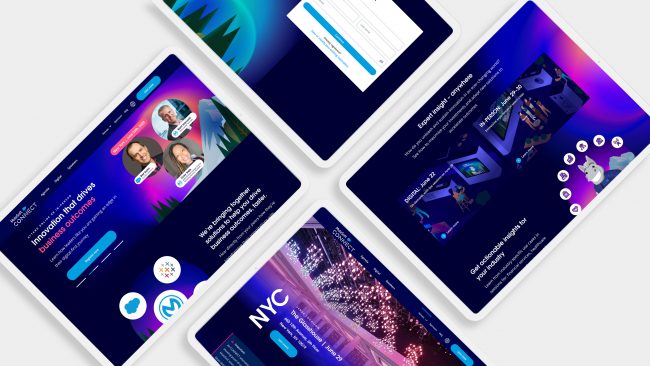
When you think about your team, what is the thing that matters to you the most?
That they enjoy every day at work and genuinely enjoy coming to work. Whatever they’re doing, I want them to be fulfilled – creatively, emotionally and professionally. And to have fun. We actually measure happiness at work using the Friday Pulse platform. It matters and I firmly believe a more happy, driven and motivated team will deliver better results for us.
Do you have any websites, books or resources you would recommend?
From an agency focus, I always keep an eye on DBA Events and Training. Design Effectiveness is important to us (over aesthetics or coolness). Campaign and The Drum are good references for me too.
But I’m always on the lookout for individuals who inspire me to see things in an unconventional way. Unlock some different thinking. Gellan Watt did a nice set of Agency Growth Tips during lockdown that I liked. Still relevant and solid.
But also, thinkers outside of the direct design industry. Typically, psychology and human behavioural stuff like Rory Sutherland or Will Storr. I recommend their podcast chats with Steven Bartlett. I’m fascinated by people and cognitive behaviour. It’s actually very relevant to the experience industry. I spend hours watching visitors attending our brand experiences, just seeing how people react, engage and interact with our clients’ innovations.
Also Rebel Ideas by Matthew Syed. I like 99% Invisible too – it’s an amazing podcast about how design is everywhere. And finally, I loved this guide to briefing agencies too! I’m a bit obsessed with good briefs and ‘starting with the story’.
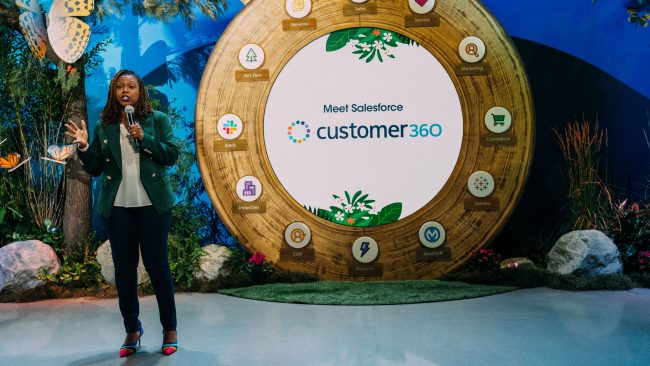
Special thanks to Creativepool for first publishing this Q&A on 9 September 2022.
More reading:
Better briefs: Top tips to inspire
Start with the story. Strive for simplicity.
DBA Interview: Building on 25 years of success